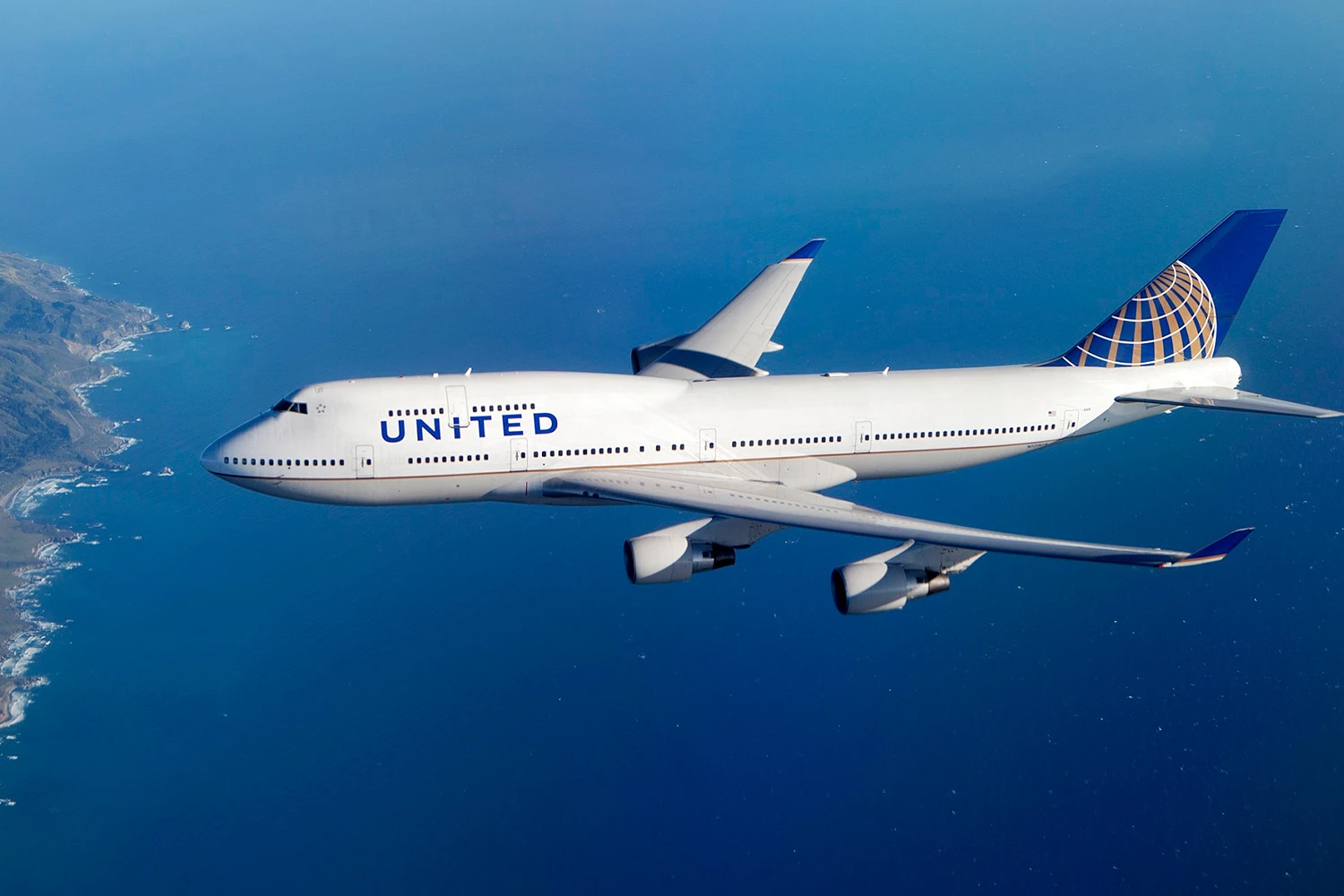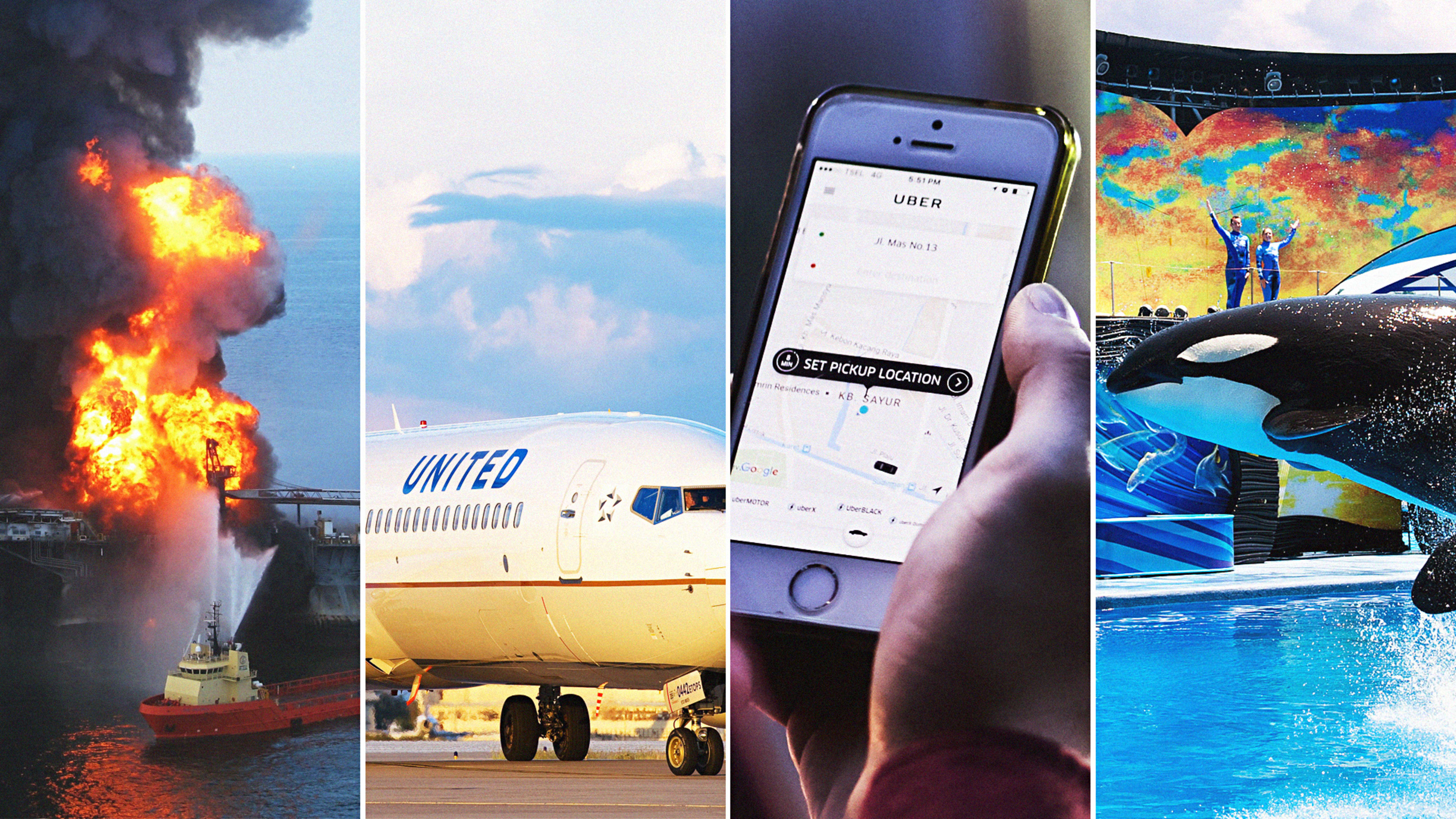For the past several weeks Facebook has been living the worst-case scenario most CEOs dread: a company scandal on a scale so large it leads to the chief executive being hauled in front of a Congressional hearing that is televised around the world.
Could Mark Zuckerberg have done more to avoid the Cambridge Analytica data breach? Probably. But the scale that this mistake has taken on is a reflection of just how much Facebook is a presence in everyone’s daily lives. If Facebook were a smaller, less high-profile company, and if it had managed the crisis better, perhaps the CEO wouldn’t be in the worldwide spotlight this week. Still, regardless of size, every company can learn from Facebook’s botched handling of this crisis.
Related: This May Be The Most Important Zuckerberg-Congress Exchange Yet
“When a crisis of this magnitude breaks, CEO visibility is absolutely vital,” says Jonathan Jordan, managing partner at Sermelo and an executive board member at The Crisis Protection Network. But that’s exactly where Facebook and CEO Mark Zuckerberg went wrong.
“Zuckerberg’s five-day hibernation made him appear distant and out of touch and did nothing to mitigate user or shareholder concerns. No doubt he was being advised to hole up by his advisors in case the storm blew over; however, a short and simple statement to acknowledge the issue and express concern would have helped with public trust.”
Related: Here’s The Brain Trust Of Advisers Steering Mark Zuckerberg Through This Crisis
Jordan notes that Zuckerberg isn’t only seen as the CEO of Facebook in most people’s eyes, but the leading face of the entire social media industry–an industry that is draped in a fog of growing mistrust. That mistrust has been growing for years, which is why, he says, Facebook should have had contingency plans in place should a scenario of this magnitude ever come to pass. Such plans would have allowed the company–and Zuckerberg–to publicly respond to the crisis almost immediately.
Of course, Facebook is hardly the first company to botch their response to a major crisis. Here are four companies that messed up in their initial response just as badly and how they did (or didn’t) recover.
Related: Here Are The Questions Mark Zuckerberg Still Needs To Answer
BP: Gulf Oil Spill
On April 20, 2010, the Deepwater Horizon oil rig exploded in the Gulf of Mexico, killing 11 men working on the rig and resulting in the largest marine oil spill–and one of the worst ecological disasters–in history. A few weeks later, BP CEO Tony Hayward lamented just how all-consuming dealing with the disaster had become. “I want my life back,” he told several news outlets. The backlash was immediate, and Hayward issued an apology the next day. A few months later he left the company.
Despite its initial mishandling of the crisis, however, BP managed to turn itself around. “This is partly due to it recognizing that it had to take full responsibility, and make recompense, for the losses suffered by those affected by the tragedy and partly due to it recovering most of its losses to shareholders,” says Jordan. “From a PR perspective, the company has followed a relatively low-profile communications campaign focusing on its operational successes and financial results, which has worked well.”

United Airlines: 69-Year-Old Passenger Forcibly Dragged Off Flight
Facebook may look incompetent or even complicit with the way Cambridge Analytica used user data to help the Trump campaign in the 2016 elections, but at least they don’t look like pure evil. United Airlines faced a PR nightmare in April 2017 when a 69-year-old doctor was literally dragged from his seat and off the plane due to “overbooking.” United’s CEO then released a statement apologizing they had to “re-accommodate” the passenger.
“United Airlines made a critical mistake by not unreservedly apologizing to the victim, Dr. Dao, as soon as the video released on social media,” says Jordan. “One of the key principles of crisis management is to express empathy and the United Airlines CEO, Mr. Munoz, failed to do that. Instead, he labeled it “an upsetting event” but failed to speak directly about Dr. Dao’s appalling treatment. Mr. Munoz also labeled the situation an “overbook situation” which turned out to be false. Here, The United Airlines CEO broke another key principle of crisis management known as the 3Ts: Tell The Truth.”
For what it’s worth, it appears United learned their lesson. Last month, following a dog’s death on a flight, the airline quickly got out in front of the situation and unreservedly owned up and apologized for the incident.
SeaWorld: Blackfish Documentary Backlash
After the heartbreaking documentary Blackfish, which highlighted the misery captive killer whales live in, SeaWorld went on the defensive, dismissing the documentary as “propaganda” and “emotionally manipulative”. It then thought it would be a good idea to “educate” the internet via a question and answer social media campaign. That did not go well.
Related: SeaWorld Is Spending $10 Million To Make You Forget About “Blackfish”
“A golden rule of a crisis is not to go on the attack and SeaWorld made a fundamental error that it is still paying for,” says Jordan. “Ticket sales are declining and animal activists are becoming more vocal in their criticism of the company. While SeaWorld has taken some steps to show it is listening to animal rights’ groups, to make a full recovery it needs to take a significantly more conciliatory approach and actively engage with animal rights’ groups to find some common ground and demonstrate appropriate actions which demonstrate it is addressing concerns.”
Until then, it’s no wonder SeaWorld’s attendance keeps dropping.
Uber: Almost Everything It Did In 2017
What wasn’t a PR nightmare for Uber in 2017? From rampant workplace sexism to the former CEO belittling his own Uber driver, the company seemed to botch the handling of every scandal it created last year. Amazingly, Uber’s survival–despite its f’d up handling of its crises–might be the thing that should give Facebook the most hope.
“Uber has been remarkably resilient and it’s been saved to some extent by offering an extremely competitive product that consumers want, much like [low-cost British airline people love to hate] Ryanair,” Jordan says.
Facebook too, is an extremely competitive product that consumers want–indeed, can’t seem to go a day without. Will its users forgive its indiscretions before long? Only time will tell (but hint: almost certainly “yes”). Until then, Facebook can’t have any more mishandling of the Cambridge Analytica scandal. So, Zuck, best pay attention to good advice.
Recognize your brand’s excellence by applying to this year’s Brands That Matter Awards before the early-rate deadline, May 3.
